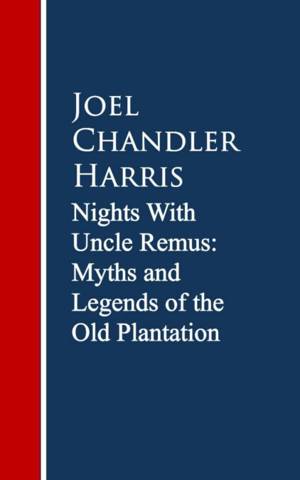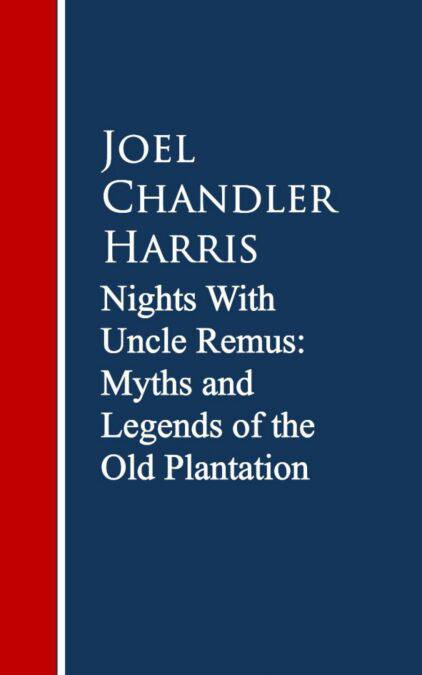
- Afhalen na 1 uur in een winkel met voorraad
- Gratis thuislevering in België vanaf € 30
- Ruim aanbod met 7 miljoen producten
- Afhalen na 1 uur in een winkel met voorraad
- Gratis thuislevering in België vanaf € 30
- Ruim aanbod met 7 miljoen producten
Zoeken
Nights With Uncle Remus: Myths and Legends of the Old Plantation E-BOOK
Joel Chandler Harris
E-book | Engels
€ 0,49
Omschrijving
Uncle Remus is a collection of animal stories, songs, and oral folklore, collected from southern African-Americans. Many of the stories are didactic, much like those of Aesop's Fables and Jean de La Fontaine's stories. Uncle Remus is a kindly old former slave who serves as a storytelling device, passing on the folktales to children gathered around him.
The stories are written in an eye dialect devised by Harris to represent a Deep South Gullah dialect. The genre of stories is the trickster tale. At the time of Harris' publication, his work was praised for its ability to capture plantation negro dialect.
Br'er Rabbit ("Brother Rabbit") is the main character of the stories, a likable character, prone to tricks and trouble-making, who is often opposed by Br'er Fox and Br'er Bear. In one tale, Br'er Fox constructs a lump of tar and puts clothing on it. When Br'er Rabbit comes along he addresses the "tar baby" amiably but receives no response. Br'er Rabbit becomes offended by what he perceives as Tar Baby's lack of manners, punches it, and becomes stuck.
The stories are written in an eye dialect devised by Harris to represent a Deep South Gullah dialect. The genre of stories is the trickster tale. At the time of Harris' publication, his work was praised for its ability to capture plantation negro dialect.
Br'er Rabbit ("Brother Rabbit") is the main character of the stories, a likable character, prone to tricks and trouble-making, who is often opposed by Br'er Fox and Br'er Bear. In one tale, Br'er Fox constructs a lump of tar and puts clothing on it. When Br'er Rabbit comes along he addresses the "tar baby" amiably but receives no response. Br'er Rabbit becomes offended by what he perceives as Tar Baby's lack of manners, punches it, and becomes stuck.
Specificaties
Betrokkenen
- Auteur(s):
- Uitgeverij:
Inhoud
- Aantal bladzijden:
- 500
- Taal:
- Engels
Eigenschappen
- Productcode (EAN):
- 9783736406773
- Verschijningsdatum:
- 28/08/2016
- Uitvoering:
- E-book
- Beveiligd met:
- Digital watermarking
- Formaat:
- ePub

Alleen bij Standaard Boekhandel
Beoordelingen
We publiceren alleen reviews die voldoen aan de voorwaarden voor reviews. Bekijk onze voorwaarden voor reviews.







